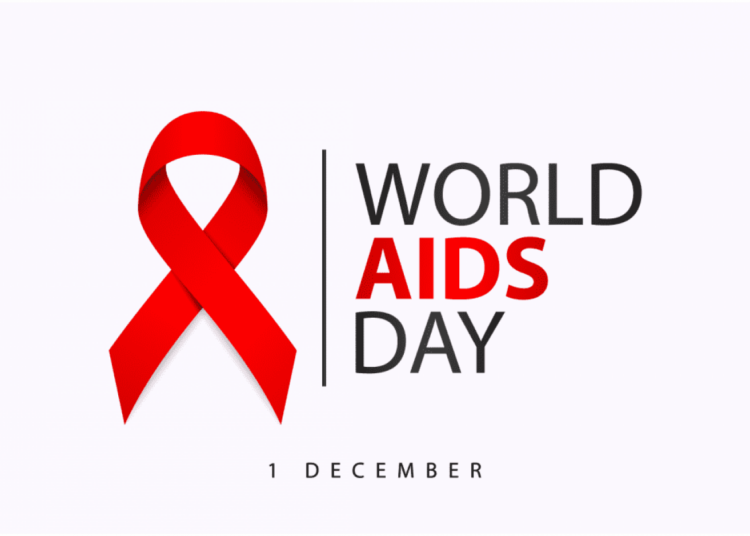The country seems to be experiencing a resurgence of the Human Immuno-virus (HIV) pandemic, despite the gains recorded over the years since the outbreak of the scourge. A recent data from the National HIV/AIDS Impact Survey conducted by the National Agency for the Control of AIDS (NACA), indicated that in most states of the federation, two out of 10 and three of 15 persons sampled and tested had contracted the deadly disease.
The National Assembly House Committee on HIV/AIDS, Tuberculosis, Leprosy and Malaria during its recent oversight function to some agencies, expressed fears over the prevalence of HIV/AIDS infections as compiled by NACA.
Antenatal clinic (ANC) HIV sero-prevalence sentinel survey is being conducted biennially in Nigeria since 1991 to track the epidemic. The National ANC HIV prevalence rate rose from 1.8 per cent (1991) to 5.8 per cent (2001) and dropped to 4.1 per cent (2010). Since 2001, states in the central and southern parts of Nigeria had higher prevalence rate than the rest, with Benue and Cross Rivers being the most affected areas. Benue was highest in 2001 (14 per cent), 2005 (10 per cent), and 2010 (12.7 per cent).
In 2010, the United States of America government spent about US$456.5 million to curb the spread of HIV epidemic in Nigeria. With then population of 160 million and estimated HIV prevalence of 3.34 per cent in 2011, Nigeria ranked the second highest HIV burden worldwide, with 3.2 million people living with HIV (PLHIV).
Over the years, Nigeria has continued to maintain its status as the second-largest burden of HIV infection, with a total of 1.8 million persons estimated to be living with HIV presently, out of which about 1.63 million are already on the lifesaving medication of Anti-retroviral Therapy (ART).
According to a recent data from the National Agency for the Control of AIDS (NACA), of this figure, approximately 58 per cent are estimated to be female, and 42 per cent male while the national average of mother-to-child transmission rate of 22 per cent is driven by a large number of states with transmission rates above 25 per cent and few states with rates below 15 per cent.
Similarly, available record indicate that Nigeria is responsible for about 30 per cent of the world’s gap in Prevention of Mother to Child Transmission of HIV (PMTCT), meaning that the country is responsible for the infection of 30 per cent infants of HIV – infected mothers during and after delivery globally.
Researchers are worried that people get HIV through anal or vaginal sex, or sharing needles, syringes, or other drug injection equipment. Sadly, in our view, condoms which remain the most cost-effective option for preventing HIV, sexually transmitted infections (STIs) and unplanned pregnancies, is still far from being accepted in the country as preventive mechanism, more than three decades of the HIV pandemic.
A survey carried out in 2020, revealed that only 34 per cent of Nigerians use condoms during sex. The survey, titled ‘Condom accessibility and use in Nigeria’ was carried out by NOIpolls, in partnership with the National Agency for the Control of AIDS (NACA) and AIDS HealthCare Foundation (AHF). The survey was released to mark the International Condom Day (ICD), which is observed annually on February 13 through Valentine’s Day, February 14, to promote safer sex awareness, by encouraging people to use condoms. The Executive Director, NOIpolls, Chike Nwangwu, said though 83 per cent of Nigerians believe that condoms should be used, only 34 per cent accept that they actually use condoms.
It is from this perspective that this newspaper considers the theme of this year’s World AIDS Day, “’Communities: Leadership to End AIDS by 2030,” as apt. This is just as we call on the intervention agency to do more sensitisation on the scourge of the disease in rural communities.
We are also of the opinion that if the country is desirous of achieving the global target of ending AIDS in Nigeria by 2030, it is important to address social and structural factors that drive the HIV epidemic.
It is imperative that we confront these systemic inequalities head-on and work tirelessly to ensure that all individuals have equal access to life-saving prevention, treatment, and care services as well as put in place other social factors that avail Nigerians the opportunity to be free from the scourge.
The Director General, NACA, Dr Gambo Aliyu reinforced this position when he said “Let our actions today shape a tomorrow where HIV/AIDS is a chapter of our past and where every individual can live a life of health, dignity, and hope.”
In our considered opinion, it is, indeed, a matter of concern that while other countries are declaring that HIV/AIDS is no longer a public health issue, Nigeria is still entangled in its web, barely struggling to get over with the fundamentals of preventing the disease.
We’ve got the edge. Get real-time reports, breaking scoops, and exclusive angles delivered straight to your phone. Don’t settle for stale news. Join LEADERSHIP NEWS on WhatsApp for 24/7 updates →
Join Our WhatsApp Channel










